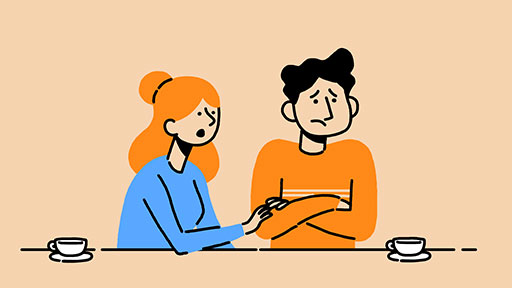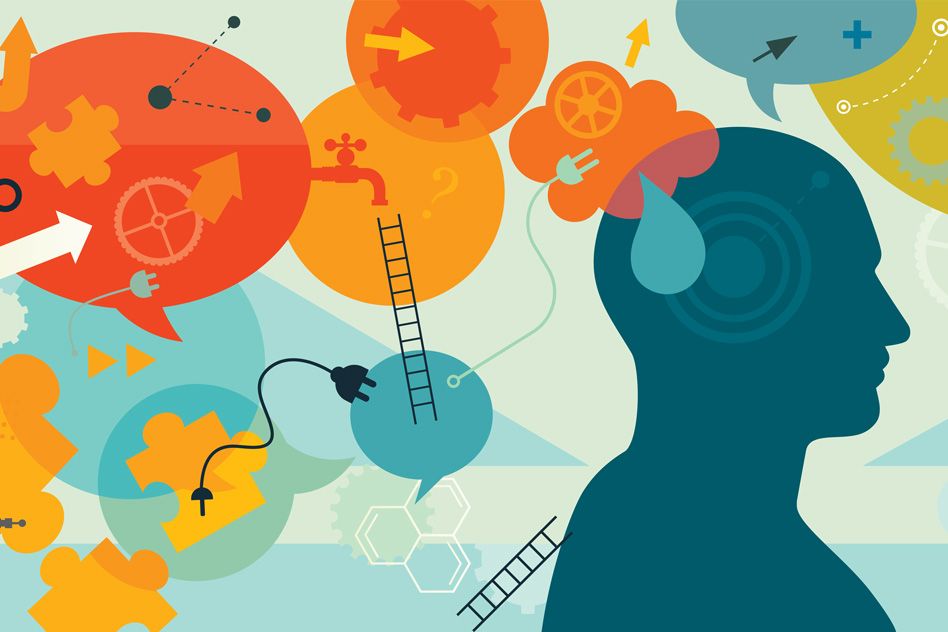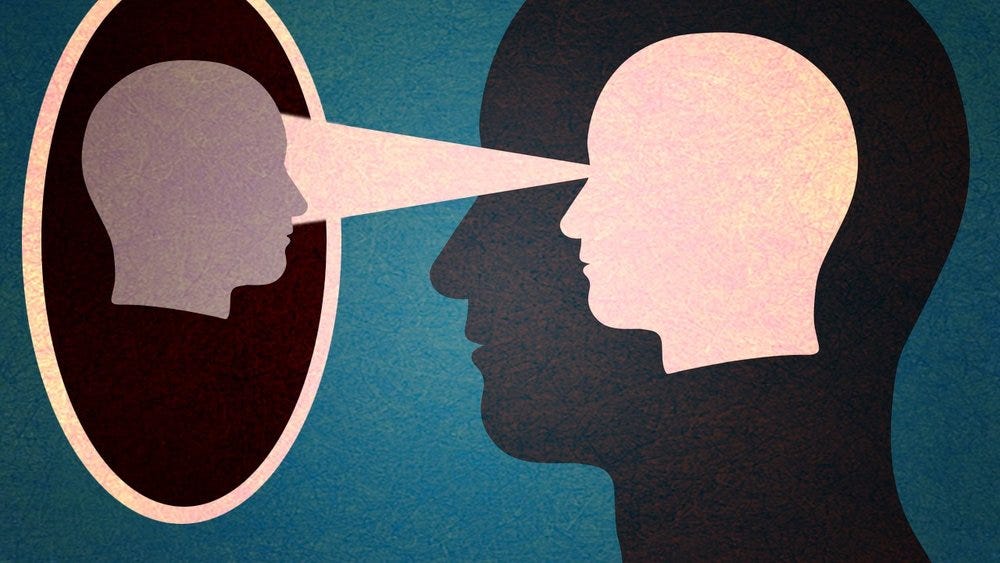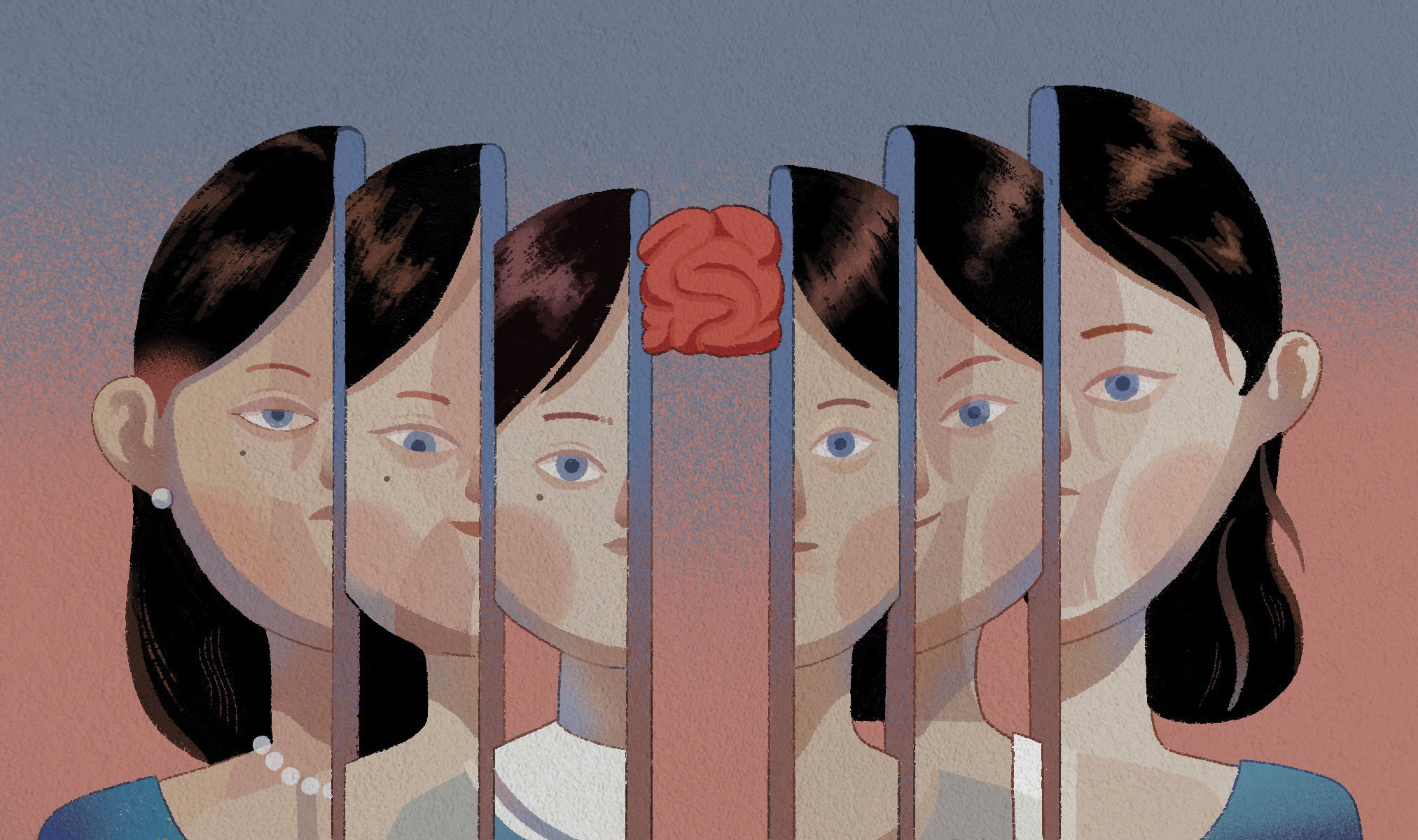Relationships with Friends
Friendship - "A voluntary relationship characterized by intimacy and liking." (Ch. 13, Pg. 335)
Friendship Rules - "General principles for appropriate communication and behavior within friendships." (Ch. 13, Pg. 366)
I consider myself to have amazing friendships, so much so that even though my friend group has for the most part moved from each other. I tend to find enough out of these relationships I don't need new friendships, but I'm still always open to new friends.
My friends are all a part of a group, we all met in Caroline County, grew up together, and consider each other family. My friend's names are Kentrell, Aiden, Rahim, Josh, Jay, RJ, Cadell, Brendon, Devonne, Isiah, Hayden, Jack, Nick, Chris B, Chris W, Kennedy, Mandy, Justin, and Hassanatou.
I never knew about the 10 friendship rules until this class. We all follow those rules effortlessly and share common interests, and humor.
I would say Rule #1, Show Support, is the rule we use the most. We all grew up together, so we all know each other's families and know what everyone is going through. Naturally, we all show support to the best of our abilities.
Having such a big but close group of friends is amazing, we all get together and do things. There's nothing but love between us, of course, we fight and argue, but doesn't every friendship reach that point sooner or later.
We may have differences but we look past them and it allows all of us to become better for ourselves and each other.

-Step-4-Version-2.jpg/v4-460px-Understand-Relationships-in-Your-Family-Tree-(Genealogy)-Step-4-Version-2.jpg)










